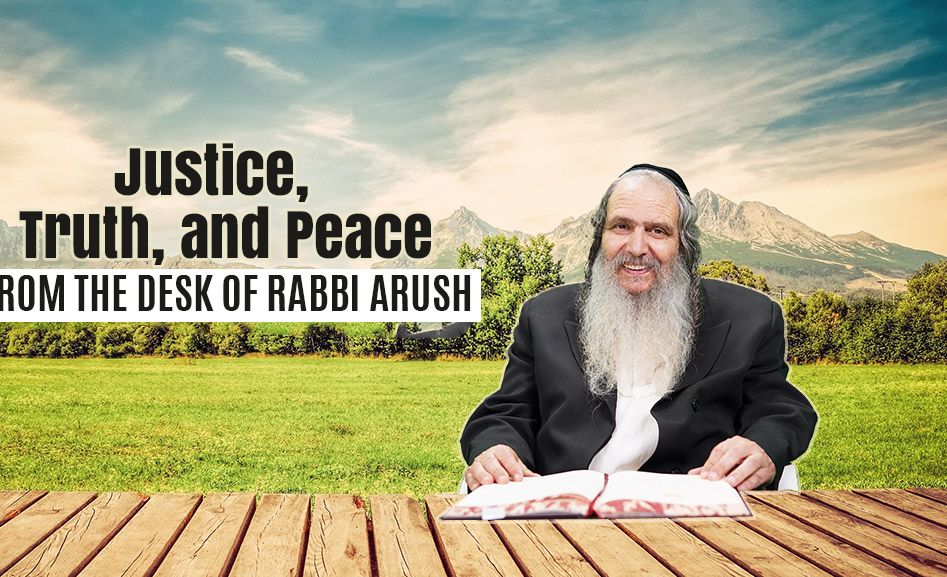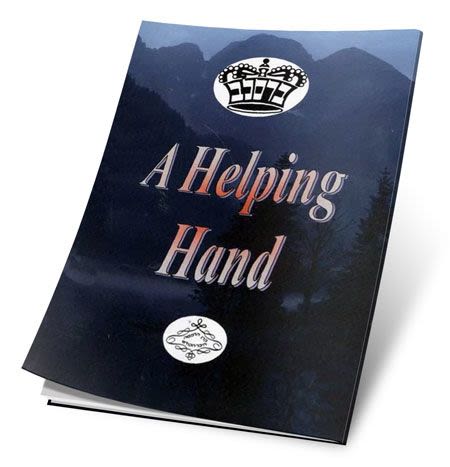
The Secret to Jewish Greatness
From the first generation to this one, the classic role of a woman is to command her family. She sets the spiritual tone of the home...

The strength of the Nation of Israel has always rested on the steady shoulders of the Jewish Woman. It was so in the generations of our forefathers, and is even more pronounced in our generation of Mashiach.
They call my wife a “stay at home” mom. Working from home the last 9 months, I see firsthand that she does anything but “stay” anywhere.
We live on a single income, but she stretches it to the point that we live like royals. She cleans the entire apartment three times a week because a dirty home makes people lazy. She home cooks all our meals because daddy has high blood pressure issues and she wants our kids to eat healthy from day one. Our vacations are always in Israel. She personally packs everything for a week–long camp-out.
When home prices in Efrat and Netanya proved to be well beyond our income, she taught herself to read Hebrew, went through all the ads, and found Afula.
Every year she goes 15 rounds with administrators to make sure our son, who has special needs, has everything to get the best education imaginable. She is on top of my girls to do their homework every day.
She makes sure all of us dress properly, have clean shoes, and put on our deodorant.
When my son had a rough spell at school for a couple of months, we were worried he might get thrown out. Out of the blue the principal called my wife to say, “I love Ari! He always looks so good. He smells so good. I can’t help but give him a big hug.”
It is ironic that when the head of the “Global Investments Group” is in charge of the business needs of five people, he is hailed as an A-list celeb. When a woman is in charge of the every need of five people, all day, every day, she is given hardly a shred of respect.
They do have something in common: When the boss says “jump,” those five guys say “how high?”
When my wife tells us to do something, the response is the same.
The Strength of Israel
It has been this way from the very beginning.
Avraham had Ishmael. Thirteen years later, Yitzchak was born. Growing up, the younger brother admired the elder son. At the time, the eldest was acting like a savage. He didn’t repent until much later.
Dreading that Yitzchak could start taking after him, Sarah demanded that Avraham toss him out. She only wanted positive and holy influences upon the boy.
Sarah knew her household. She worked on her husband until he did what she asked. Hashem backed her up by specifically commanding Avraham to do what his wife said.
For Sarah’s boldness, Yitzchak achieved greatness. Had she not acted, we would all be drinking goat milk while riding camels all day.
Then there was Rivka. Yitzchak thought that giving the blessing to Esav would enable him to repent, or at least gain material success so he could support Yaakov.
Rivka knew better.
She lived with Lavan and Betuel for three years and saw whom Esav took after. She knew it was pointless to even try.
Rivka organized the deception against her husband to make sure Yaakov would receive both blessings – the blessing for spirituality of the firstborn which was always coming only to him, and also the blessing for physical sustenance.
If Hashem chooses not to bless, it doesn’t matter who is reciting it – that person will not be blessed. If Hashem chooses to bless, a man can go from shepherd to king overnight.
When Yitzchak realized that he had blessed Yaakov instead of Esav, his first words might have been: “Oy vey. Rivka, we need to talk, NOW.”
They weren’t.
His first words were: He shall be blessed (Genesis 27:33) – thus confirming his full approval of the blessings he gave to Yaakov.
Yitzchak knew that Hashem had blessed Yaakov. Rivka did the right thing. This is Hashem’s will.
Had Rivka not worked over her husband, the national anthem of Israel today might be “Y.M.C.A.”
Hashem backed up Rivka and she saved all of us.
Family Tree
Yaakov worked seven years to marry Rachel.
When the time arrived, he knew Lavan would try to trick him. He knew Leah was miserable because she would have to marry Esav and that she really wanted to marry into Israel.
He was anticipating the switch, so he gave Rachel a series of hand signals. When she joined him under the Chuppah (bridal canopy), veiled to the point that you couldn’t see who was inside, the hand signals would reassure Yaakov that he would be marrying the woman he spent seven years laboring for.
Right before the wedding, Rachel gave the hand signals to Leah. She was complicit in “assisting” Lavan to deceive Yaakov.
Upon realizing that the woman he wanted to marry with all his heart tricked him, his first words might have been: “Oy vey. Rachel, we need to talk, NOW. Lavan, exactly what did you put in that Arak?”
But he didn’t. He understood that Rachel did this to protect her sister from embarrassment, and to rescue her from marrying Esav.
He accepted this as Hashem’s will.
He married Rachel seven days later. He even worked another seven years for her.
As a result, we have the tribes of Yehudah and Levi, the Priesthood and the Monarchy.
The Classic Role of Women
When it comes to the “classic role of women,” the world is divided into two camps:
-
The chauvinists who believe that women should be barefoot, pregnant, and servants to men.
-
The feminists who agree with the chauvinists, so they tell women they have to do what the men do and be like men in order to escape their fate.
But that isn’t Judaism. Judaism recognizes the woman as the akeret habayit – the center of the home.
If the husband is the head – the wife is the neck. The head cannot move on its own – all of its movement comes from the neck. The woman is indeed more hidden, but she is also more central and more powerful!
From the first generation to this one, the classic role of a woman is to command her family. When she puts her foot down, everyone is supposed to listen up. It is she who sets the spiritual tone of the home, and keeps her finger on the pulse of the home.
Rabbi Shalom Arush explains that livelihood comes from our peace in the home – which essentially is how well we serve our wives. A man will only be successful in his classic role to the extent that he enables his wife to be successful in hers.
Our strength as a nation has always been a Jewish woman’s left hook.
Her ability to guide her husband and children on the right path, and keep us there, has redeemed us in every generation.
* * *
David Ben Horin lives in Afula with his wife and children. Since moving to Israel in 2002, David has discovered Torah, writing hi-tech, hiking, coding ReactJS Apps, and hearing stories about the Land of Israel from anyone excited to tell them. Check him out on Highway 60 or email him your favorite Israel story at:







Tell us what you think!
Thank you for your comment!
It will be published after approval by the Editor.